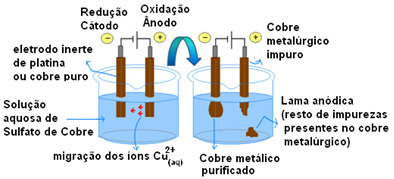If a person comments that he felt nothing about his mother's death, he will certainly be judged. However, for children of narcissistic mothers, the feeling of relief is common. In this open letter, an author tells her story of being abused by a narcissistic mother and the stigma that afflicts the children of abusive mothers. Check out some questions raised by the author below.
The disorders that children of narcissistic mothers carry
see more
Research reveals that teenage brains are 'wired' to…
4 cleaning habits you need to break to be happier
Check out the author's account as a survivor of a narcissistic mother:
1. The “Mother Myth” and its stereotypes
The author states that the “Myth of the Mother” is a burden that all children of narcissistic mothers will face.
She questions the idea of eternal forgiveness just because “she is your mother”. In this case, doesn't the title of "mother" entitle her to be judged? The author argues that no one should tolerate abuse, regardless of who commits it.
2. Validation of the children's sense of relief
Narcissism is a disease that needs to be treated seriously. Unfortunately, these days, it is still relativized as a joke. Furthermore, children who are verbally abused do not receive the same treatment as children who are physically abused.
Therefore, the feeling of relief and freedom they feel should not be invalidated. As well as demanding that children forgive their mothers for all situations of abuse and aggression, it is impractical for many.
3. The stigma of not legitimizing abuse
The author shares her memories of her mother and how her words deeply affected her, causing her to walk away to save her life. Even so, many cannot measure why these abuses are not forgiven.
Therefore, the author is led to list all types of verbal, sexual and psychological aggression that she suffered, from childhood to adult life. In this way, she hopes to generate empathy for readers who have not yet understood the seriousness of the situation.
4. The self-esteem of survivors of unloving mothers
The author highlights that for survivors it is important to feel recognized and supported. In addition, expressing true feelings, such as hatred and lack of forgiveness towards the aggressor, is fundamental for overcoming.
And even if the aggressors are victims of emotional and psychological violence, it is possible to break this chain from parents to children.
Therefore, the author emphasizes that the most important thing is self-love. She sympathizes with all adult children raised by narcissistic mothers, stating that survivors are unbreakable.



